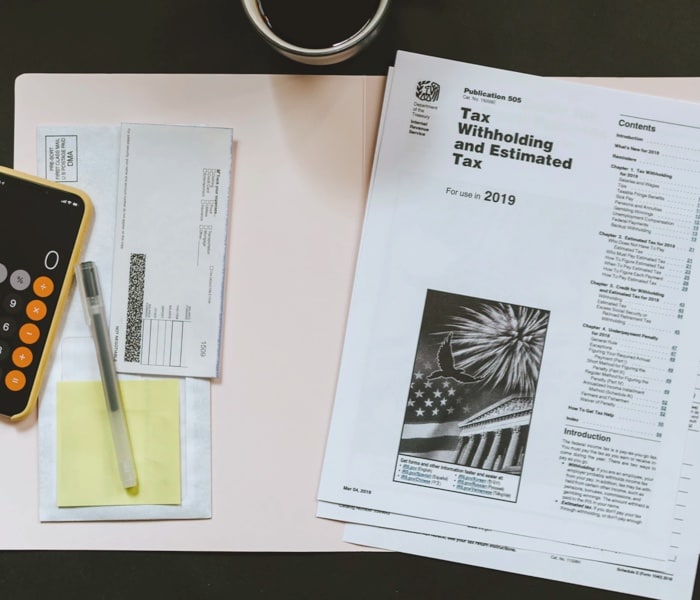THE DEPARTMENT OF SANITATION AND HYGIENE
The level of access to basic sanitation and hygiene in Malawi requires improvement. This situation is further compromised by unsafe hygienic practices which result in high levels of water and sanitation related disease outbreaks. In the cities inadequate capacity to maintain urban sewerage facilities is causing health concerns to the residents. In rural areas, lack of improved and safely managed sanitation and hygiene services such as availability of latrines, has led to open defecation. Such improper disposal of liquid and solid waste has resulted in a constant public health hazard and a real threat to the environment.
In order to improve health and hygiene and to protect the environment, there is need to achieve universal access to improved sanitation. As a country, Malawi has lagged behind in the management and disposal of both solid and liquid waste due to weak institutional arrangements among service providers; lack of financial resources; inadequate infrastructure for both solid and liquid waste management; and outdated existing infrastructures that are not fully functioning.
Minister and Deputy Minister of Water and Sanitation taking a part in mopping and cleaning floors for a cleaner environment at Area 25 Health Centre

DEPARTMENT OF SANITATION
Access to improved sanitary conveniences to the majority of the citizenry stands to provide a basis for a healthy nation, thereby improving the overall health status of the nation. The ministry responsible for water affairs was given the responsibility to provide strategic leadership in the overall management and coordination of the country’s sanitation issues as it is the policy holder for such matters.
Sanitation issues are multi-sector in nature and require the involvement of sectors and stakeholders including the ministries responsible for water affairs, irrigation, environment, health, education, city councils, district councils, water utility bodies and non-governmental organizations responsible for sanitation. These have have different mandates and roles to play as far as sanitation is concerned. However, they do not have a central body to coordinate them and give policy direction. Such a body is required to coordinate and regulate their activities in order to achieve a unified national goal. In this regard and because Sanitation and Hygiene are key to a healthy nation, the Government of Malawi created the Department of Sanitation in the Ministry of Water and Sanitation to oversee, coordinate and regulate the activities of the stakeholders in order to achieve the national goal of a unified sanitation and hygiene sector.
PURPOSE OF THE DEPARTMENT OF SANITATION
The new Department of Sanitation is responsible for the provision of policy direction and coordination of sanitation and hygiene services to all sector programs through facilitation of the development of standards, guidelines and inspectorate for sanitation and hygiene. It is also responsible for promoting research and development on sanitation technologies and options and disseminating research through regular sanitation fora. The department is also responsible for facilitating holistic planning, designing and development of sanitation programs.
The purpose of the Department of Sanitation therefore is “to provide policy guidance and coordination of sanitation services and hygiene practices”.
FUNCTIONS OF THE DEPARTMENT OF SANITATION
To achieve the above purpose, the Department of Sanitation shall carry out the following functions:
-
The coordination, monitoring and enforcement of compliance in the implementation of solid and liquid non- hazardous domestic waste management; and
-
The provision of advisory and outreach services.
Sanitation for all in Malawi
To ensure that all people in Malawi own and have access to improved sanitation facilities, practice safe hygiene, REUSE AND/OR recycle waste for the sustainable management of the environment and socio- economic development.
The Department of Sanitation and Hygiene is mandated to oversee and regulate sanitation and hygiene practices within the country. Our responsibilities include:
-
Developing and implementing policies, guidelines, and standards related to sanitation and hygiene;
-
Increasing availability, accessibility and utilization of proper sanitation facilities and appropriate hygiene practices;
-
Promoting coordination, financing and results accountability in the sanitation and hygiene sector;
-
Strengthening legislation, regulation and governance frameworks for efficient delivery of sanitation and hygiene services;
-
Promoting cost-effective and social inclusive infrastructure, technology and innovation in the sanitation and hygiene sector;
-
Increasing awareness and behavior change in proper sanitation and hygiene practices;
-
Providing timely response to sanitation and hygiene needs during disasters and emergencies; and
Ensuring mainstreaming of cross-cutting and emerging issues in sanitation and hygiene programming and budgeting including capacity development and research, pandemics and epidemics, gender and social inclusion, human rights and environment.
Increase universal access to Improved Sanitation and Safe Hygiene practices; while ensuring Sustainable Management of the Environment for Socio-economic Growth and Development.

